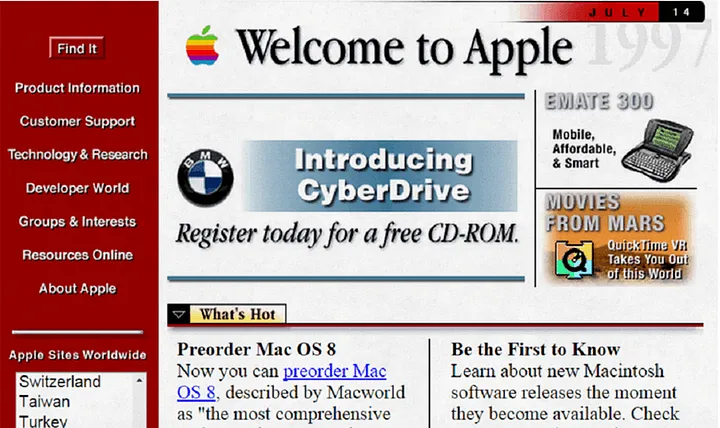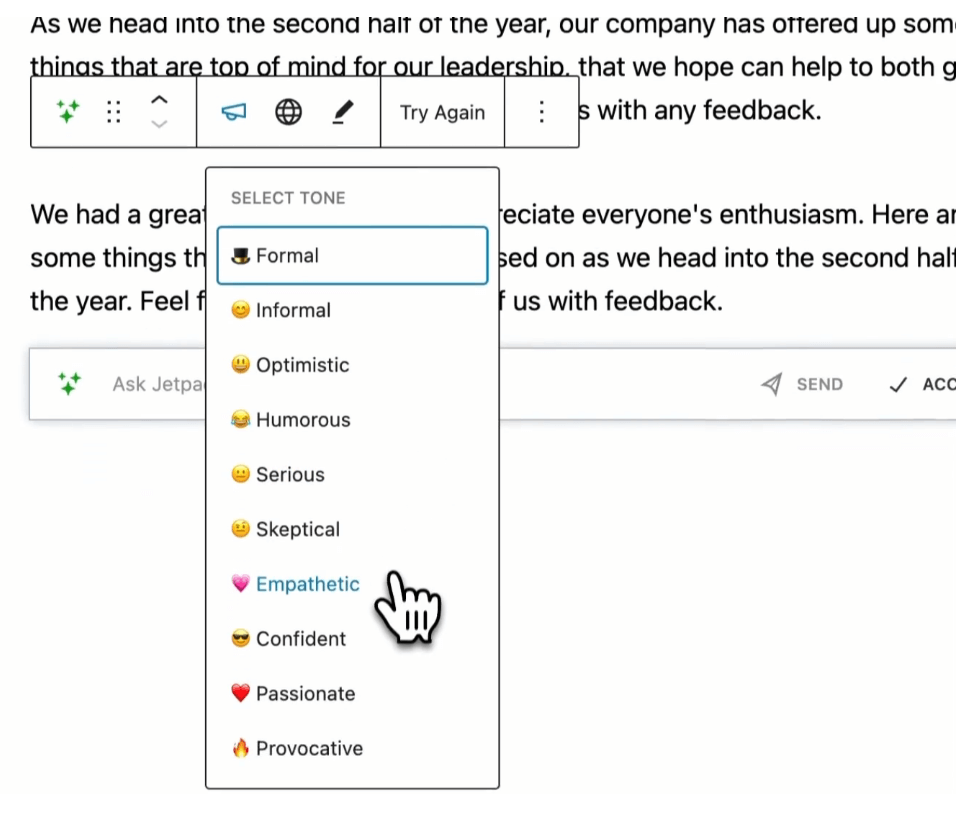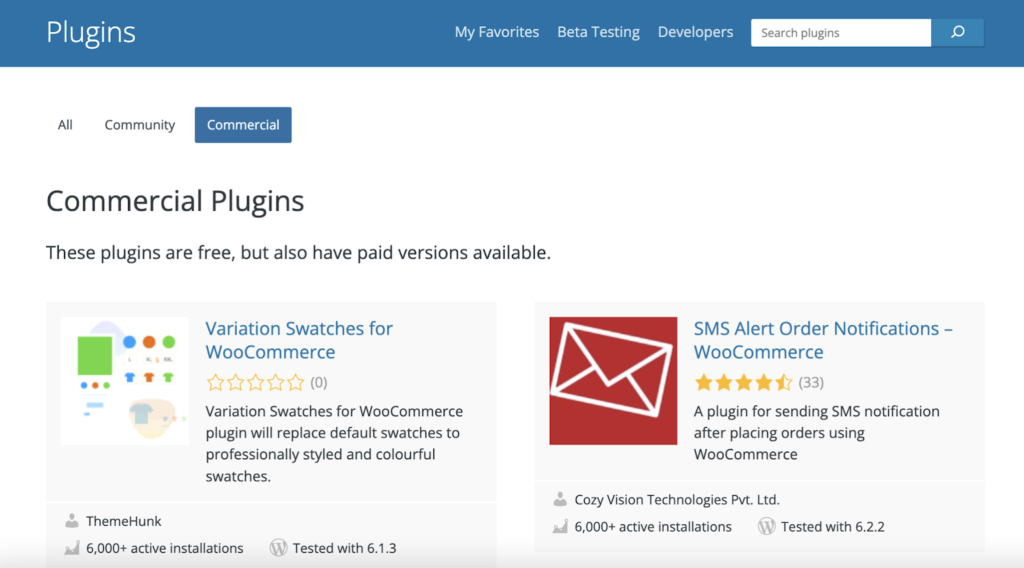This week in WordPress design — trends, AI, and directory filters


The wild, wonderful world of WordPress web development and UX design is a never-ending rollercoaster ride, packed with thrilling new innovations and updates that show up as often as popcorn at the movies! If you’re a professional on a mission to create top-notch digital wonders and services, staying tuned to the pulse of this ever-changing industry is as vital as your morning coffee. Make sure you’re always in the loop and riding the wave of the freshest trends and news with our new weekly blog series.
A retrospective of web design from the 90s to today
In “The Time Traveler’s Guide to Web Design: Past, Present, and Future,” Shahid Pattani takes readers on an exciting journey through the history and future of web design.
First he delves into the early 1990s, the dawn of the World Wide Web when web pages were just plain text. 1993 was a pivotal year with the introduction of HTML, allowing text, links, and later images to be displayed on web pages, and the Mosaic browser, which supported images next to text.

Photo credit: Shahid Pattani on Medium
Pattani then fast-forwards to the late 1990s and early 2000s, where web design started getting fancy with GIFs, colorful backgrounds, and complex HTML tables. The period was marked by the introduction of CSS (Cascading Style Sheets) in 1996, enabling better webpage styling, and JavaScript, adding interactivity to web pages. In the end, he brings us to the present, where the focus lies on clean web designs that are mobile-friendly and user-focused, along with an increasing emphasis on web accessibility.
Automattic launches AI writing assistant
Automattic, the parent company of WordPress.com, has launched a new AI-powered writing assistant for WordPress in response to the growing trend and demand for AI technology in 2023. This AI assistant can be easily added to any WordPress page, allowing users to interact with the tool through a text-based prompt.
Many see the AI assistant as a perfect fit for WordPress, which has been recognized for its superior blogging capabilities. The assistant can perform a variety of tasks, including
- Creating blog posts, lists, or tables
- Checking for spelling and grammar errors
- Adjusting the tone of an existing post; creating post titles
- Translating languages.
Although it can’t completely replace human input, it serves as a valuable tool for drafting quick content or adjusting existing articles.

Photo Credit: Tech.co
The AI assistant’s language translation feature can also be especially beneficial for e-commerce websites aiming to reach international markets. However, despite the potential of AI tools to reduce the need for new hires – with 47% of business leaders surveyed considering this possibility – the ongoing requirement for human oversight remains a reality, particularly in areas like cybersecurity.
New filters in the WordPress.org official directories
In 2022, during the State of the Word, Matt Mullenweg announced the introduction of new “Community” and “Commercial” taxonomies to the theme and plugin directories of WordPress.org, to enable users to quickly identify the purpose of the extensions they are considering. Following the announcement, instructions were released for theme and plugin authors to opt into these new taxonomies.
Now implemented, these filters enable users to distinguish between free community extensions and those offering commercial upgrades. Commercial extensions often come with more features than their free counterparts, and typically have a “pro version” available. In the theme directory, commercial themes significantly outnumber community themes, while in the plugin directory, free and commercial plugins are almost evenly split.

Photo credit: WP Tavern
However, only a small percentage of authors have adopted these new taxonomies so far. Their use is not currently mandatory, leading some to question their efficacy. WordPress developer Kevin Batdorf suggested that an ‘includes paid upgrades’ label might be more accurate for many extensions, and raised concerns about whether the voluntary nature of the taxonomies could be manipulated for visibility.
